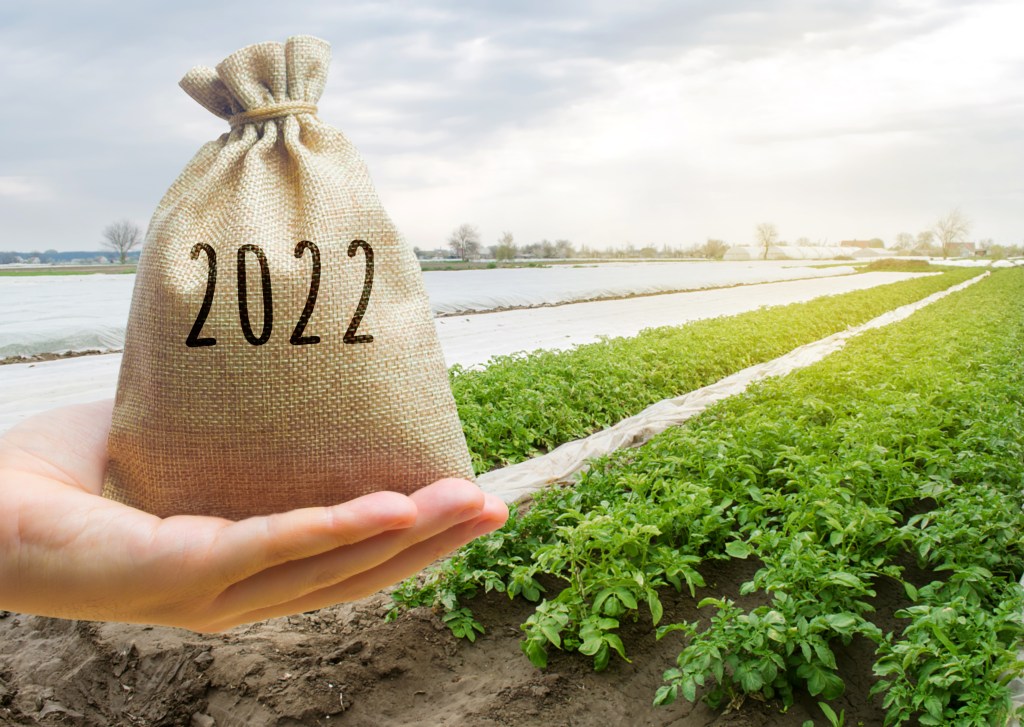The general sentiment from the food manufacturing and agriculture sectors is that the latest federal Budget is good, without being great.
The most noteworthy element of Tuesday’s Budget is a $2 billion investment in the regions over the next five years, via a wide-ranging Regional Accelerator Program (RAP).
According to a statement from Bridget McKenzie, Minister for Regionalisation, Regional Communications and Regional Education, funding for the RAP will be delivered through dedicated Regional Accelerator rounds of Commonwealth flagship economic development programs.
These include (but are not limited to)$500 million in the Regionalisation Fund
* $500 million in the Modern Manufacturing Initiative (MMI)
* $200 million in the Supply Chain Resilience Initiative
* $142.7 million in the Education Infrastructure in Regional Australia
* $30 million in the National Centre for Digital Agriculture, Innovation and Adoption Hubs
* $100 million in the Export Market Development Grant program

“This placed-based approach to investment will be a catalyst for transformative economic growth and productivity. It will create jobs and support strategic advantages in our regions. It delivers on our key priorities of advancing our manufacturing and defence industries, up-skilling workers, and future-proofing our agriculture and higher education sectors,” Minister McKenzie said.
The Australian Food and Grocery Council (AFGC) welcomes the support for regional food and grocery manufacturing, which employs 40 percent of the $132 billion industry’s workforce.
“The past two years have underscored how critically important a strong, sovereign food and grocery manufacturing industry is for Australia. The support for regional manufacturers, who are major employers and providers of essential items, is a significant boost,” AFGC CEO, Tanya Barden, said.
While the AFGC also welcomed the further $328.3 million provided for the MMI’s six national manufacturing priorities (food and bev being one), it said the investment is inadequate given the investment challenges faced by the sector and the AFGC’s vision of doubling the size of the industry by 2030.

More is needed: NFF
National Farmers Federation CEO, Tony Mahar said the government had begun to answer the Federation’s call for a revitalised future for the regions, but said more needs to be done.
“Agriculture is on trajectory of growth, now is the time to supercharge the industry and the rural and regional communities that rely on it,” he said.
A welcome announcement is a $1.3 billion commitment over six years to regional communications, including $481 million to expand and improve the nbn network and $811.8 million to address mobile coverage, connectivity, resilience and affordability in regional Australia.
However, the Budget falls short in providing funding for the modernisation and expansion of Australia’s biosecurity system.

“An investment of $15 million in financial year 2023, to ward off a lumpy skin disease incursion falls short given the serious risk to international market access,” Mahar said.
The NFF welcomed an additional $27 million for the National Stewardship Trading Platform, making it easier for farmers to plan and sell biodiversity and carbon outcomes, but questioned the absence of further support for the Australian Agricultural Sustainability Framework, which aims to communicate Australian agriculture’s overall status and sustainability goals to the market and broader community.
An opportunity for plant-based
Allen Zelden, food advisor at Kilara Capital and co-founder of PlantForm, a modern manufacturing accelerator, said the $2 billion investment in regional Australia could help the burgeoning plant-based food sector achieve the growth required to feed a booming global population.
Zelden referenced Bloomberg LP Intelligence data, which predicts that by 2030 the Asia Pacific will be responsible for the lion’s share of growth in the global plant-based sector.
“Excitingly, and thanks to this Federal budgetary boost, I believe Australia has a unique window of opportunity to lead in this APAC forecast growth,” he told Future Alternative.
Zelden said Australia can capitalise on its infrastructure, geography and reputation for producing clean, green high quality foods to become the most valued plant-based market in the world.
“However, to get there we need to help fuel the ecosystems in regional food and manufacturing, and the $2 billion Regional Accelerator Program is a very welcome and exciting announcement in what has been a very disruptive environment due to the pandemic.”
To stay up-to-date on the latest industry headlines, sign up to Future Alternative’s enewsletter.
Posted on:


